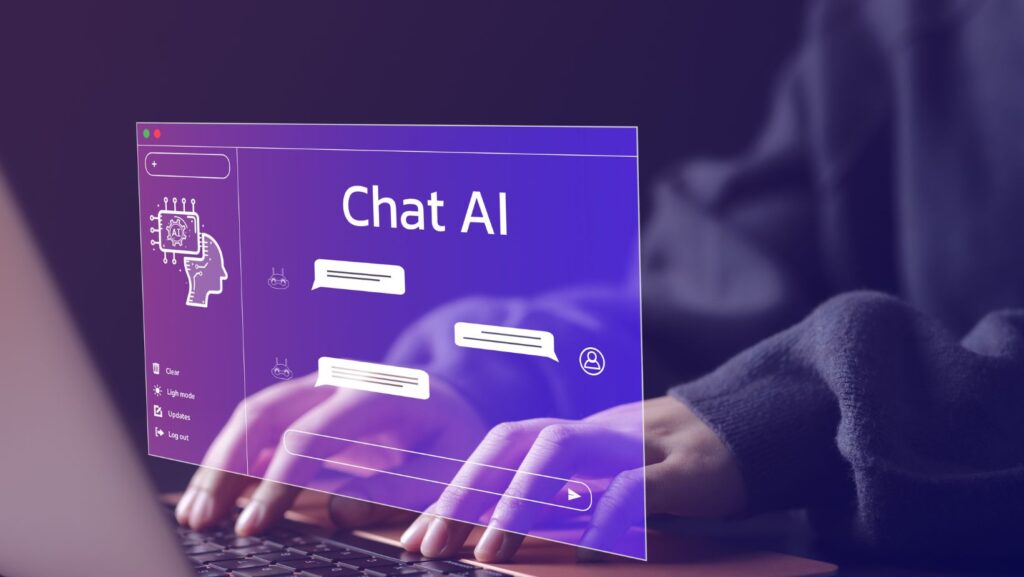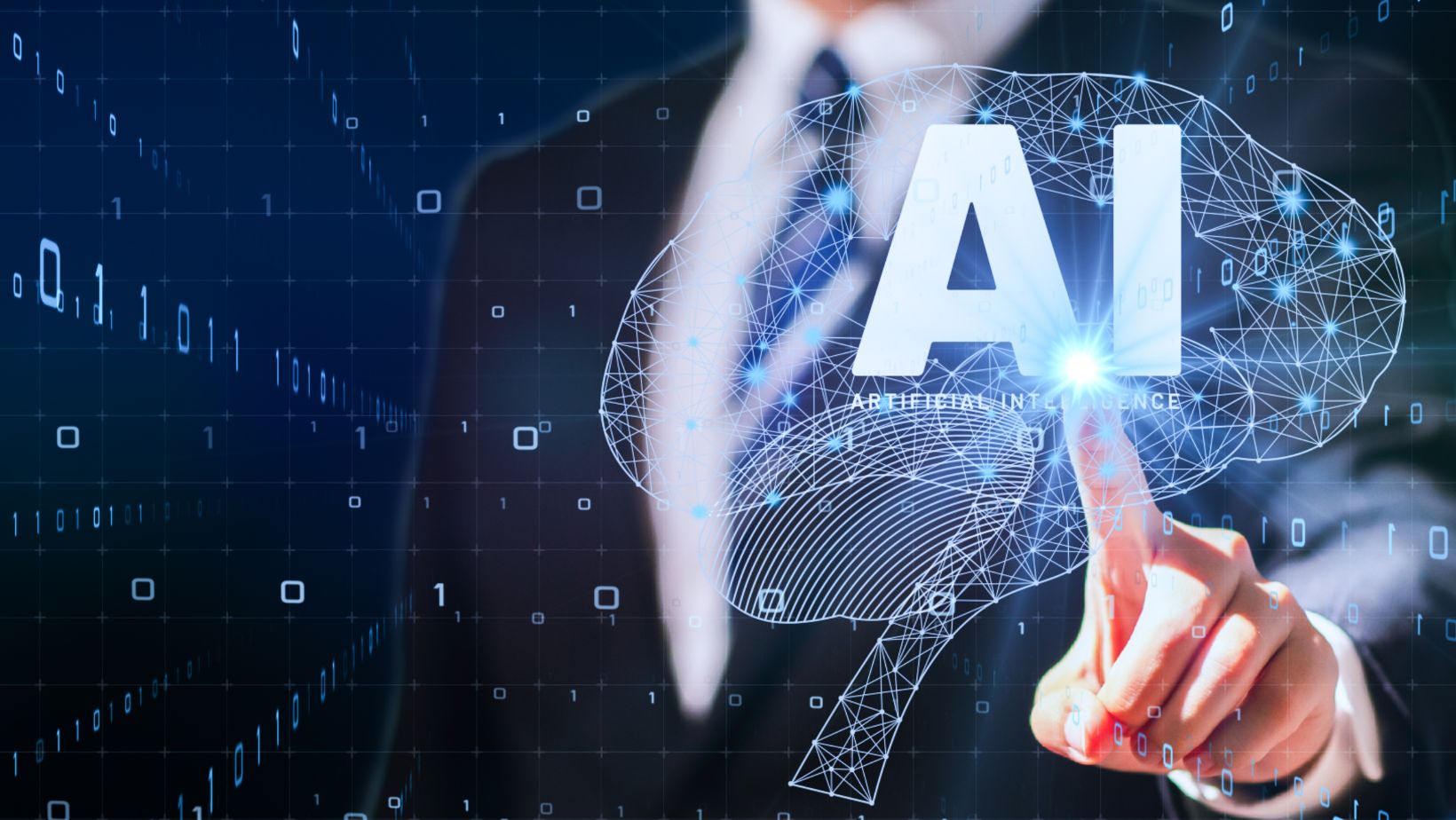
Artificial Intelligence (AI) is increasing its spaces extensively into personal lives and even organizational decision-making, including personalized suggestions on streaming services to high-level fraud detection in the financial systems. But since AI is growing in power, the emphasis is now on responsible deployment as opposed to just efficiency. The importance of having frameworks that promote fairness, transparency, and accountability in AI applications seems to be more extensively promoted by organizations, governments, and educational institutions. Using Responsible AI, this blog examines the ways in which decision-making in this era is being reframed with a view to ensuring that as switchboards to the future are opened, it is not only smarter, but also more fair.
Introduction: The Rise of Responsible AI
The rapid adoption of AI across industries has introduced both opportunities and challenges. While AI systems can analyze vast datasets and identify patterns beyond human capacity, they can also perpetuate biases, compromise privacy, and create ethical dilemmas if not monitored carefully. This is where Responsible AI comes into play. It refers to a structured approach that ensures AI technologies are designed, developed, and deployed in ways that align with ethical principles and societal values. By focusing on fairness, accountability, and transparency, Responsible AI builds trust between humans and intelligent systems, ultimately guiding better decision-making for businesses, governments, and individuals alike.
The Need for Responsible AI in Decision-Making
AI-powered systems influence decisions that impact millions of people every day, from hiring processes and loan approvals to medical diagnoses. Without ethical considerations, these systems risk amplifying biases present in training data, leading to unfair outcomes.
For example, Amazon once had to discontinue its AI-powered recruitment tool after it was found to discriminate against female applicants. This case highlighted how unmonitored algorithms could unintentionally mirror societal inequalities. Responsible AI frameworks help prevent such issues by embedding checks for fairness and accountability in AI development cycles.
Key Pillars of Responsible AI
- Fairness
Responsible AI ensures that algorithms do not discriminate against individuals based on gender, race, age, or socio-economic background. Fairness-driven design allows for equal opportunity in processes like hiring, promotions, or lending. - Transparency
AI systems must be interpretable and explainable. Stakeholders should be able to understand how decisions are made, which increases trust and reduces ambiguity. For instance, banks adopting AI for credit scoring are now mandated in many countries to provide explanations for rejected applications. - Accountability
AI should not operate in a vacuum. Organizations using it must remain accountable for outcomes and ensure human oversight is built into the system. Accountability frameworks often include third-party audits, ethical boards, and clear regulatory compliance. - Privacy and Security
Protecting user data is integral to Responsible AI. As AI systems often rely on personal and sensitive information, robust measures must be in place to ensure confidentiality and security.
Smarter Decisions Through Responsible AI
Responsible AI enhances decision-making in several ways:
- In Healthcare, AI tools assist doctors in diagnosing diseases like cancer or heart conditions at early stages. Responsible AI ensures these systems are accurate, unbiased, and designed with patient consent, enabling smarter medical decisions.
- In Finance: AI-driven algorithms help detect fraudulent transactions in real time. Responsible practices ensure that while fraud detection improves, genuine customers are not unfairly penalized due to data misclassification.
- In Education: Adaptive learning platforms personalize learning paths for students. Responsible AI ensures inclusivity so that students from varied backgrounds receive equal opportunities for growth without being disadvantaged by biased datasets.
- In Human Resources, Recruitment software can analyze resumes and shortlist candidates efficiently. With Responsible AI, these tools become more equitable, focusing on skills and experience rather than demographic factors.
By aligning AI systems with ethical principles, decisions become not just data-driven but also human-centric.
The Global Push Toward Responsible AI
Governments, institutions, and businesses across the globe are now prioritizing the adoption of Responsible AI principles:
- European Union: The EU AI Act aims to regulate high-risk AI systems, ensuring fairness, safety, and accountability.
- United States: The White House Blueprint for an AI Bill of Rights outlines standards to protect citizens against discriminatory AI outcomes.
- India: The NITI Aayog has been actively working on frameworks that emphasize ethical and inclusive AI practices to ensure sustainable growth.
These efforts demonstrate the global consensus that AI must be developed with responsibility at its core.
Challenges in Implementing Responsible AI
While the concept is gaining momentum, there are challenges to overcome:
- Bias in Data: Even with the best intentions, biased training data can lead to skewed outcomes.
- Lack of Standards: The absence of universal guidelines makes implementation inconsistent across industries.
- Cost and Complexity: Integrating fairness and explainability into AI models often requires additional resources, which can be a barrier for smaller organizations.
- Evolving Technology: AI is advancing rapidly, making it difficult for regulations to keep up with new ethical dilemmas.
The Way Forward
The demand for Responsible AI is no longer optional; it is a necessity. Organizations that embed ethical considerations into their AI strategies not only avoid risks but also gain long-term trust and loyalty from their stakeholders. More importantly, they create systems that deliver smarter and fairer decisions across sectors.
To support this transition, educational programs and training initiatives play a key role. Universities and institutes are introducing specialized programs that prepare future leaders to adopt and implement ethical AI practices.
Conclusion: Building the Future with Responsible AI
Responsible AI is more than a trend, it is a movement that ensures technology serves humanity in fair, transparent, and accountable ways. As businesses and societies increasingly depend on AI-driven insights, the ability to balance innovation with ethics will define the success of future leaders. Individuals and organizations looking to gain expertise in this field can benefit from structured learning opportunities such as a Responsible AI course, which equips professionals with the knowledge and tools to design and implement ethical AI frameworks. In the evolving digital era, the smartest decisions will always be the fairest ones—and Responsible AI is the bridge that connects the two.








